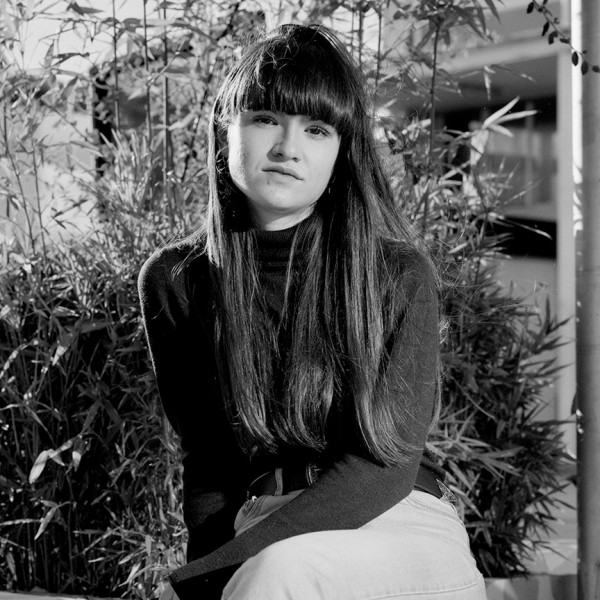Specific functions of communication and image direction.
Journalism and Reporting.
Marketing and management activities.
Activity in advertising agencies and public relations offices.
Integration in communication departments in public administration and private organizations.
Press officer roles.
Communication adviser.
News reporter.
Journalist for the written press, radio, television and digital.
Functions of cultural programming and artistic direction in festivals, biennials, local authorities, foundations, associations and cultural companies.
Curatorship functions (design and organization of art exhibitions).
Journalism and cultural criticism functions in general and specialized media, among others.











